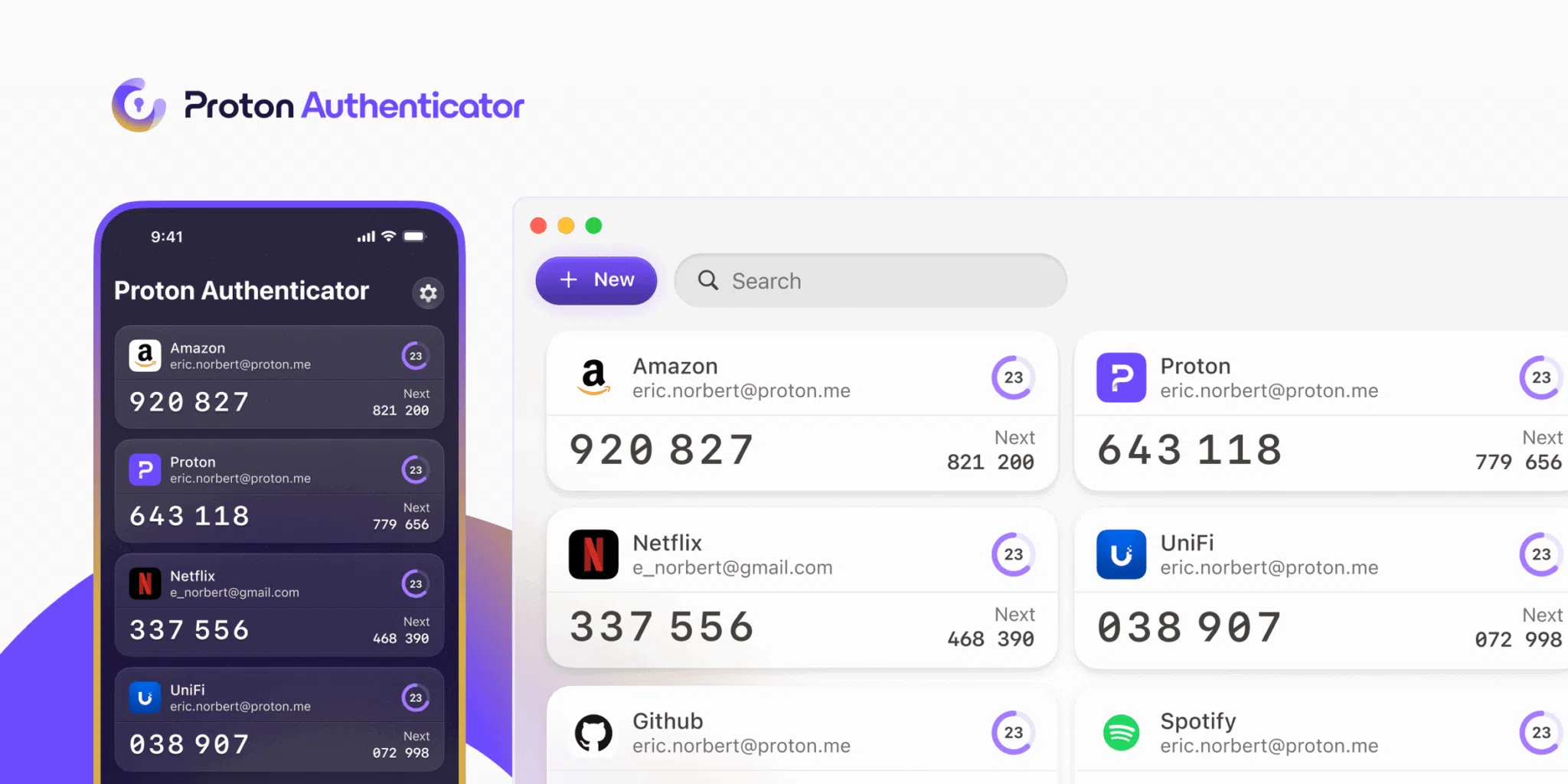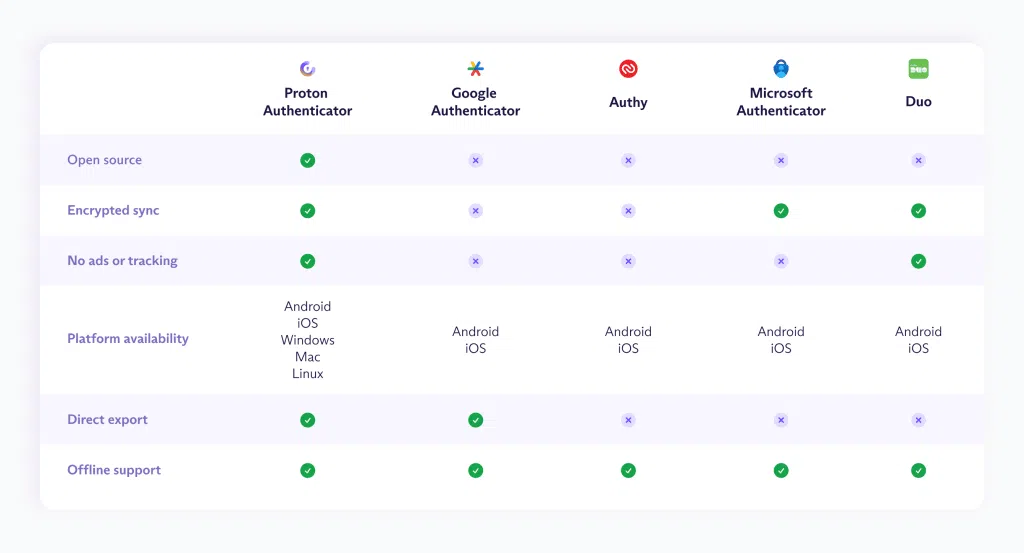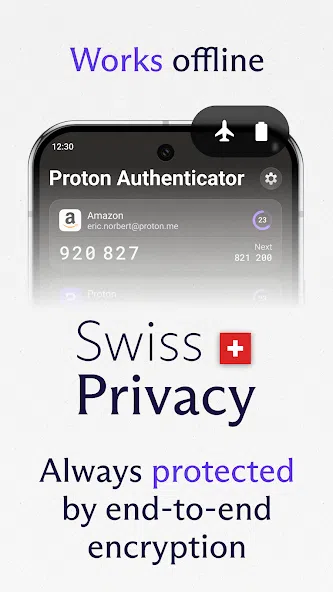Swiss security company Proton AG has launched Proton Authenticator, a free two-factor authentication app now available on Android. The privacy-driven authenticator joins Proton’s security toolkit alongside Proton Mail and Proton VPN, offering users transparent, encrypted 2FA protection. Open source code and robust privacy protections distinguish this app from mainstream competitors in the increasingly crowded authentication market.
Android Launch Expands Proton’s Security Suite
Proton Authenticator debuted on Android July 31, 2025. The Swiss-developed app arrives amid growing demand for secure multi-factor authentication solutions. Cross-platform availability spans iOS, Windows, Mac, and Linux, providing users comprehensive device coverage. This launch represents Proton AG’s continued expansion into privacy-focused digital security tools, building on their established reputation in encrypted communications and VPN services.

Core Features Emphasize Transparency and Security
End-to-end encrypted cloud sync anchors Proton Authenticator’s feature set. The app’s open source codebase enables independent security audits, setting it apart from closed-source alternatives. Users can seamlessly import existing tokens from competitor apps while benefiting from biometric locking and automatic encrypted backups. No advertisements. No hidden tracking. These design choices reflect Proton’s commitment to user privacy over profit-driven data collection models that plague many authentication apps.


Privacy Framework Operates Under Swiss Law
Proton Authenticator stores all two-factor tokens locally on user devices. Data synchronization across multiple devices occurs exclusively through end-to-end encryption protocols. Swiss privacy legislation governs Proton AG’s operations, legally preventing the company from accessing user authentication secrets. The app collects zero metadata, employs no tracking mechanisms, and never shares user data with third parties. This privacy-first approach contrasts sharply with data-harvesting practices common among technology giants offering similar authentication services.


Competitive Analysis Reveals Key Differentiators
Google Authenticator lacks cloud synchronization capabilities entirely. Authy and Microsoft Authenticator provide cloud backup but without open source transparency or guaranteed end-to-end encryption. Proton Authenticator combines full open source availability with encrypted cross-platform sync functionality. This unique combination addresses the primary weaknesses of existing market leaders. Users gain verifiable security through open code inspection while maintaining convenient multi-device access to their authentication tokens.
Android Users Gain Enhanced Authentication Control
The Android release establishes new privacy standards for mobile authentication. Users maintain complete control over sensitive authentication data through local storage and encrypted sync options. Token import functionality ensures smooth transitions from existing authenticator apps. Offline operation capability provides authentication access even without internet connectivity. Security experts and early adopters have praised the app’s transparent approach to protecting user authentication credentials in an increasingly surveillance-heavy digital landscape.
Proton Authenticator’s launch represents a pivotal moment for privacy-conscious mobile users seeking secure authentication solutions. Growing digital security concerns make Proton AG’s transparent, encrypted approach increasingly valuable against closed-source competitors. With proven privacy protections and comprehensive cross-platform support, this authenticator challenges industry norms and positions itself to reshape user expectations around mobile authentication security and data protection practices.
